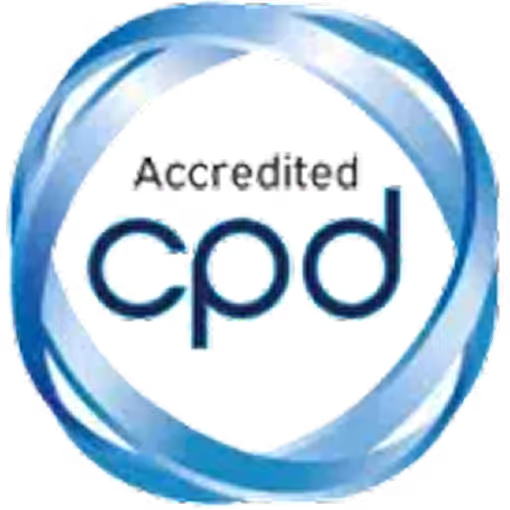4 Ways to Make the Most of Online Learning

Speak to One of our Learning Consultants Today
Talk to SalesOnline learning has come of age and its popularity shows no sign of slowing down. Having a virtual classroom at your fingertips is often ideal for those with busy lifestyles, and a study by Learning House in 2015 shows that 78% of online learning students think their experience was of better or equal quality to previous classroom learning experiences. However, many learners are not making the most of their experience. Here are some quick tips explaining what you can do to increase your chances of success:
1. Give Yourself Space
It’s much easier to get into the right head space if you have a dedicated area in which to work.
If there is a particular place you associate with putting your head down and getting things done – whether it’s a desk or a corner of the dining table – clear it off as much as possible and try to keep any contents consistent.
Make sure it is uncluttered, but keep anything you might find essential during your study period – a pen, paper or a cup of coffee – close to hand.
Make sure your chair is comfortable, and that your laptop or desktop screen is at the right height; you don’t want to leave your study session with back or neck pain.
This blog post goes more into detail if you are looking for tips, while this article from Charter College takes a more academic approach.
2. Schedule Your Time
Try to schedule your study time so that you have a dedicated days for your online learning.
Let it become a habit; by logging in three or four times a week for half an hour, you will stay sharp and engaged in what you are learning.
Ignore the “snooze” button. Try not to let life throw you off course, stick to your schedule whenever possible.
Add reminders to your phone so as not to allow yourself to “forget”; it’s very easy to “forget.” We’ve all been there!
You may want to rely more on your calendar to ensure this happens.
3. Set SMART Goals
It’s easy to slide into nonchalance about your online learning when there aren’t strict deadlines to adhere to, so try to set SMART goals:
- Specific (simple, significant): Make sure your goals are clear and that the path to achieving them is unobstructed. Your goals should be definite and straightforward.
- Measurable (meaningful, motivational): Many online courses today offer ways to track your learning in the form of statistics about your lesson views or current course completion. Monitoring these stats can help keep you focused and prevent procrastination.
- Agreed upon (achievable, acceptable): Biting off more than you can chew can lead to an inevitable feeling of frustration and dissatisfaction when you fail to meet your goals. On the other hand, setting the bar too low can lead to boredom and disinterest. The best goals are those that are not easily achieved, but that can be reached with the stretching of your abilities.
- Realistic (relevant, results-oriented): Set goals that will clearly benefit you in the long-run and that you can see the relevance of in your field.
- Time-based (time-sensitive, trackable): Make sure your goals have a general timeline, and stick to it with the use of a study calendar. Set deadlines for yourself. Make sure your learning is consistent, and set yourself a target date for completion to work towards.
You can read more about SMART Goals here.
4. Keep Yourself Motivated
It’s very important to keep your motivation levels up. Here are a few ways to do just that.
Meet minor goals. The little boost you get from successfully accomplishing a task – no matter how big or small – will keep you engaged and push you through the tougher parts of the course. Physically checking something off a list is immensely satisfying.
Reward yourself when you meet your goals. This means different things for different people. It could mean going for a walk to the local coffee shop after a certain amount of time dedicated to study, or going to the cinema to watch a movie, or cooking yourself a delicious meal. Try to make sure your rewards are healthy but enjoyable.
Another thing that will keep you motivated is using the skills you are learning in practical ways; if you find ways to apply what you are learning, as you learn it, it will keep you excited to keep studying. Proving to yourself that there are practical and genuine uses for what you are learning will really help you stay committed to your learning, especially if you suspect your enthusiasm is starting to flag.
Conclusion
When it comes to online learning, it’s all good; even the tough parts. By that, I mean that there are positives to be found in online learning that go beyond the skills you might acquire from the actual classes.
Successful online learning requires a set of important personal skills that can be useful for you on a day-to-day basis, particularly at work: responsibility, independence, discipline, focus and pro-activity. If you are able to consistently meet your targets, the skillset you will have used to achieve these goals will stand you in good stead. Completing an online course shows dedication and a certain resourcefulness that isn’t required in face-to-face training, and the unexpected value of these new skills might surprise you.
In summary, stay motivated and keep learning. It’s worth it.




.png)








